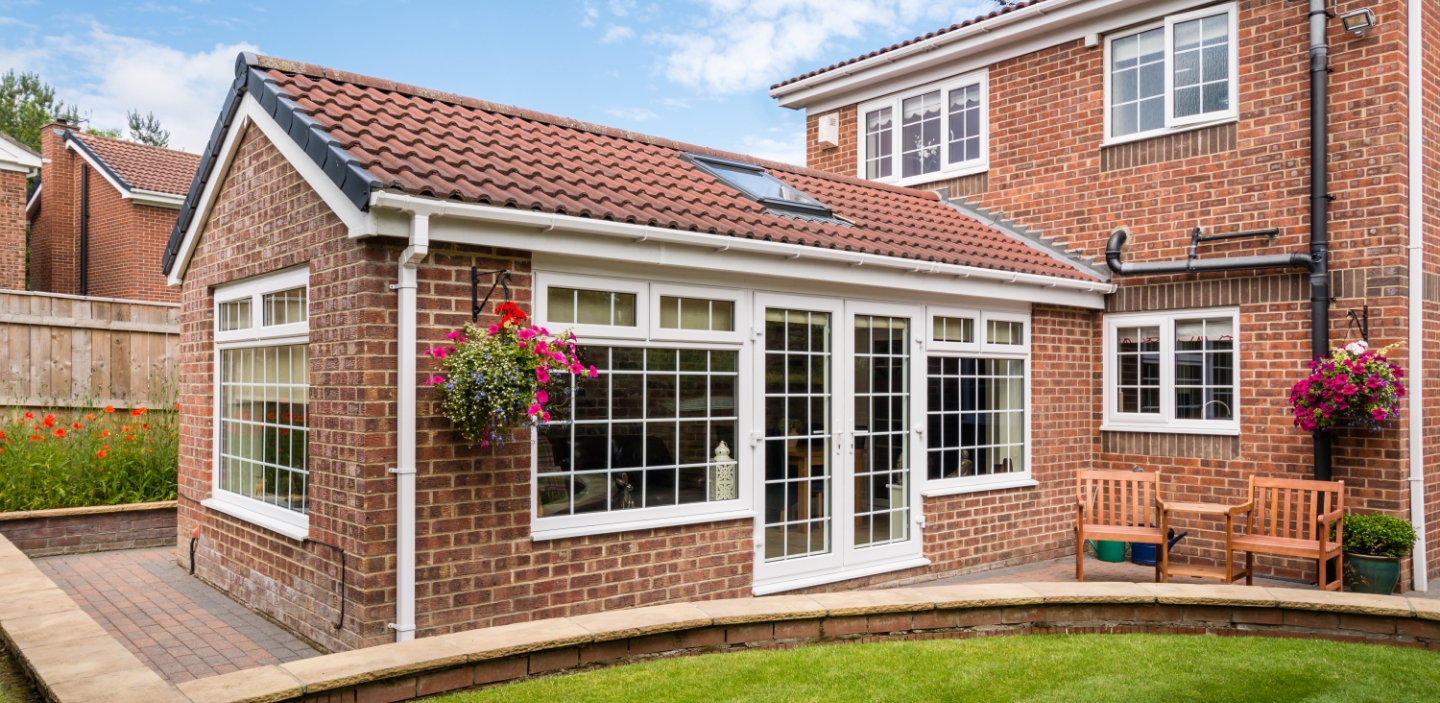Blog
Adding a New Addition to Your Home: A Renovation Guide
Are you considering adding a new addition to your house? There are many things to think about before starting such a project. This guide will walk you through the basics of what you need to know, from the different types of renovations to hiring professionals and staying on budget. So, whether you’re just beginning to explore your options or are already well into the planning stages, read on for some helpful advice.
Types of extensions
Depending on the layout of your property, there are two main types of home extension: building up and building out. Building up involves adding an additional storey to your home while building out means adding a space to the back of your home. Building up often requires less construction and can be less disruptive to the existing property. However, it can be more expensive and may require planning permission. Building out provides more space but can be more disruptive to the existing property. Ultimately, the decision of whether to build up or build out should be based on the specific needs and circumstances of the property owner.
Research
Before embarking on any home renovations or extensions, it is important to do your research. Not all projects are created equal; some will require more time, effort, and money than others. It is crucial to have a clear understanding of the scope of the project before getting started, as this will help to avoid any surprises or disappointments down the road.
Budget
When budgeting for a home extension, it is important to look at industry standards. This will give you a good starting point for estimating the cost of materials and labour. Keep in mind that the final cost will vary depending on the specific project, but, looking at industry standards will give you a general idea of what to expect.
Contractor
While hiring a contractor will inevitably increase the overall cost of the project, it can save you a considerable amount of time and stress in the long run. A professional contractor will be able to handle all aspects of the extension, from obtaining the required permits to coordinating with subs and suppliers. In addition, they will be able to offer advice and guidance throughout the process, ensuring that your extension meets all your needs and expectations.
Architect and engineer
An architect will work with you to create a design that meets all your functional and aesthetic needs. They’ll also make sure that your extension is in compliance with local building codes. Once the plans are completed, an engineer will take over to ensure that the structure can support the weight of the materials you’ve chosen and withstand any potential stressors, like high winds or heavy rains.

